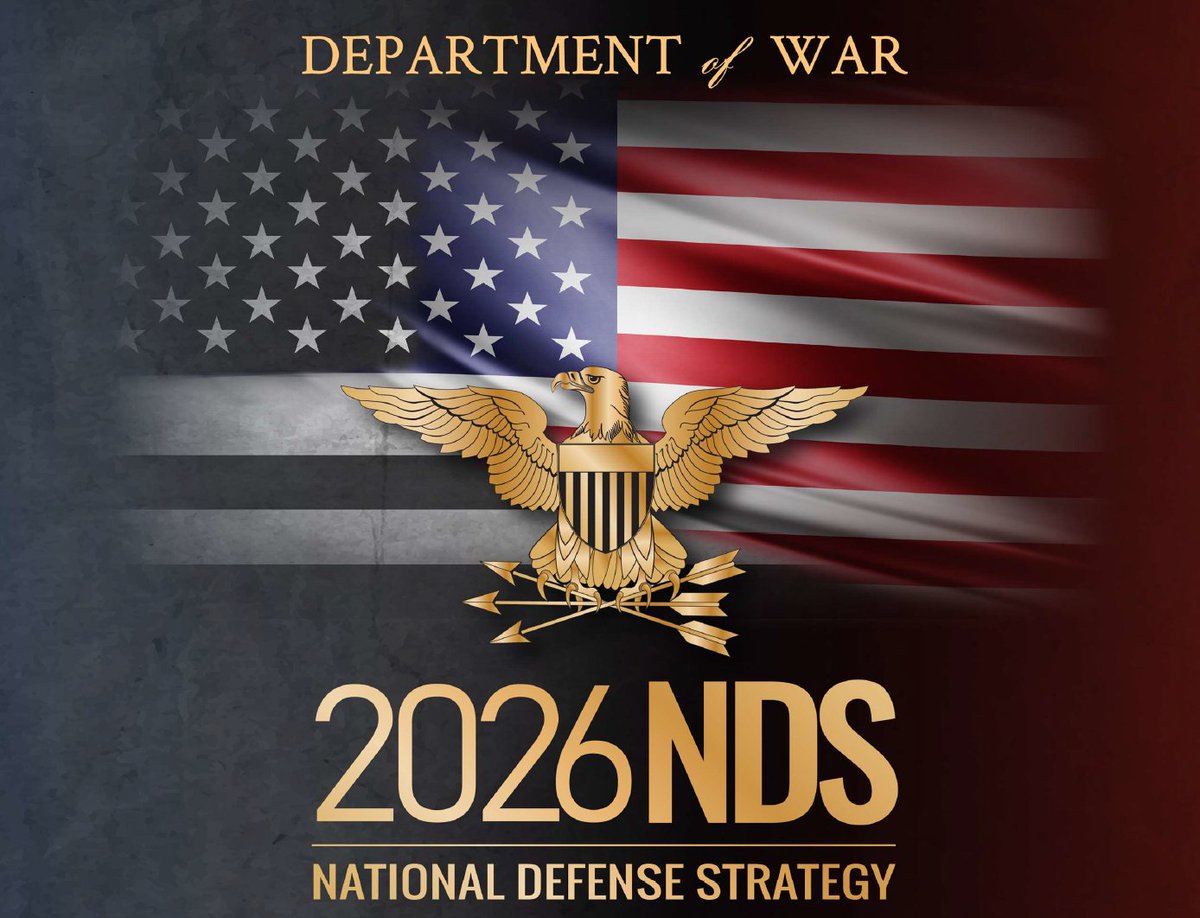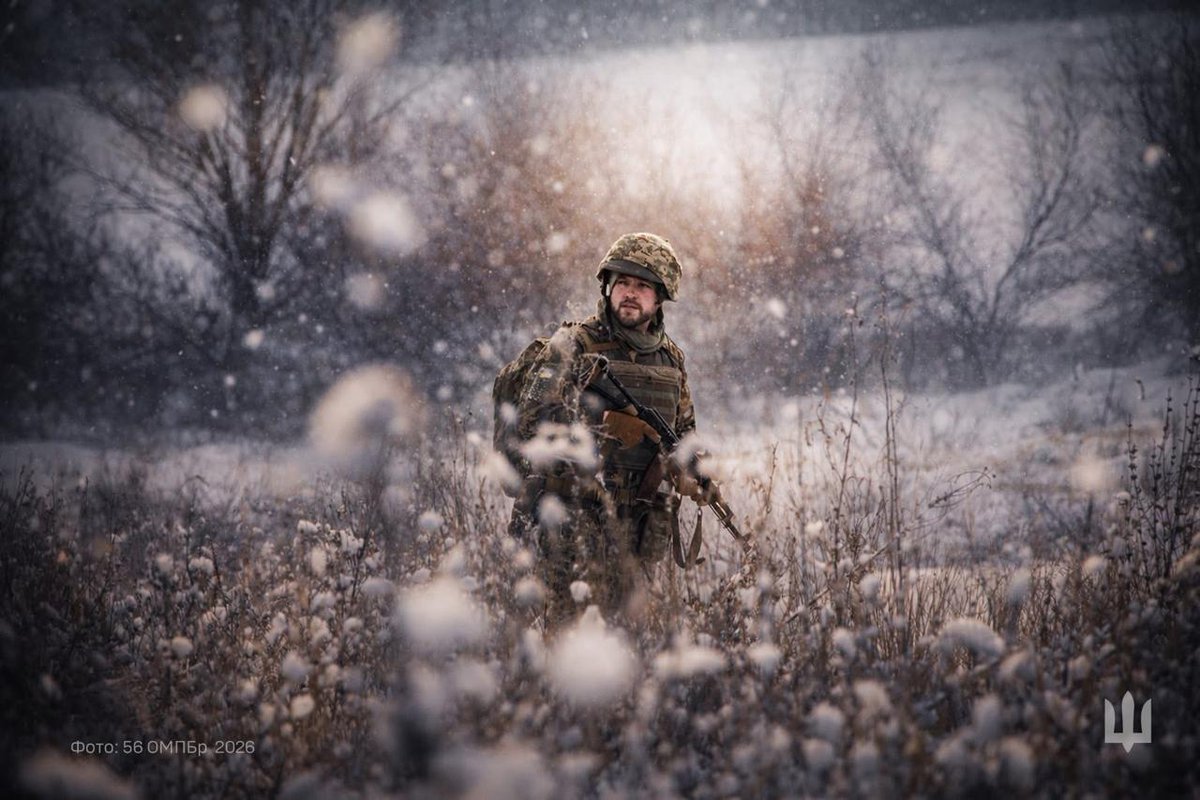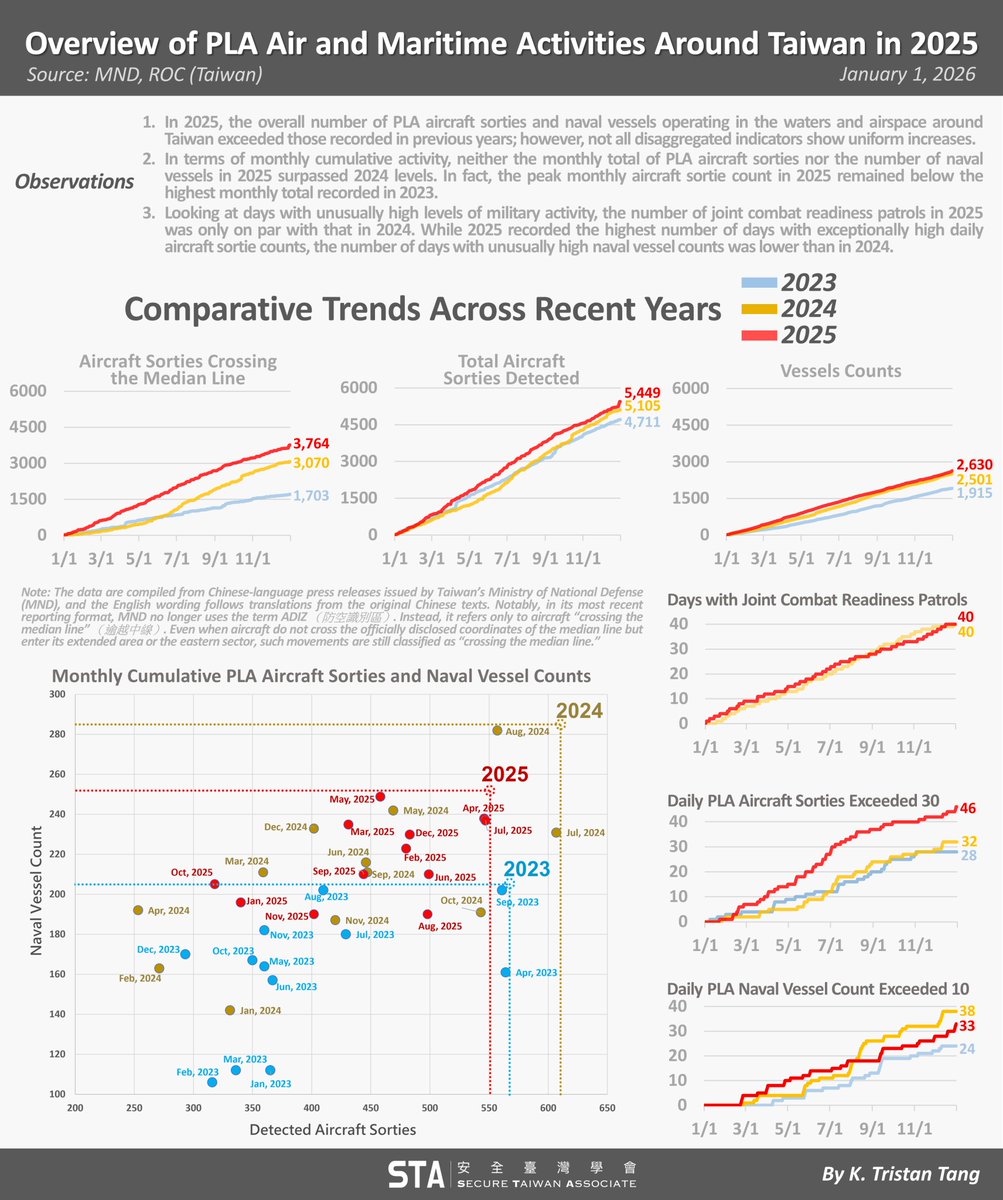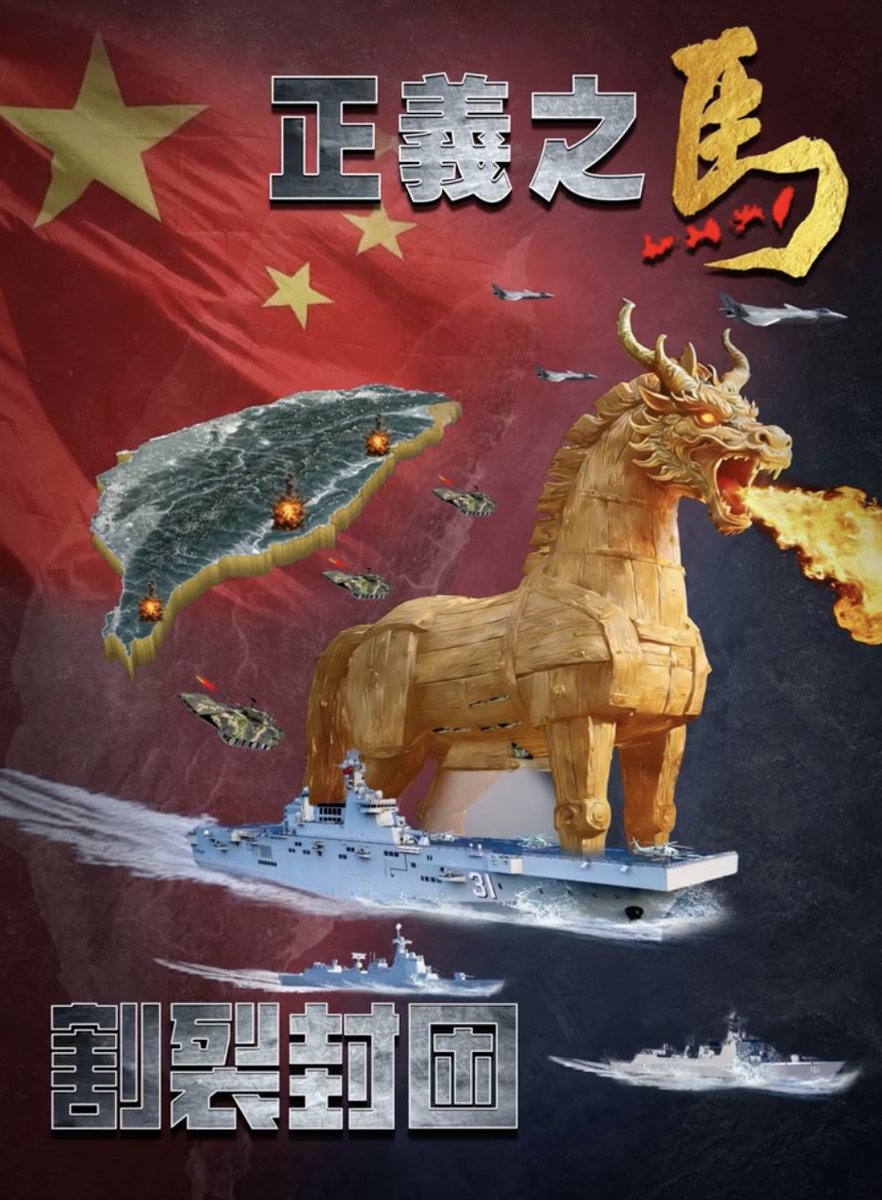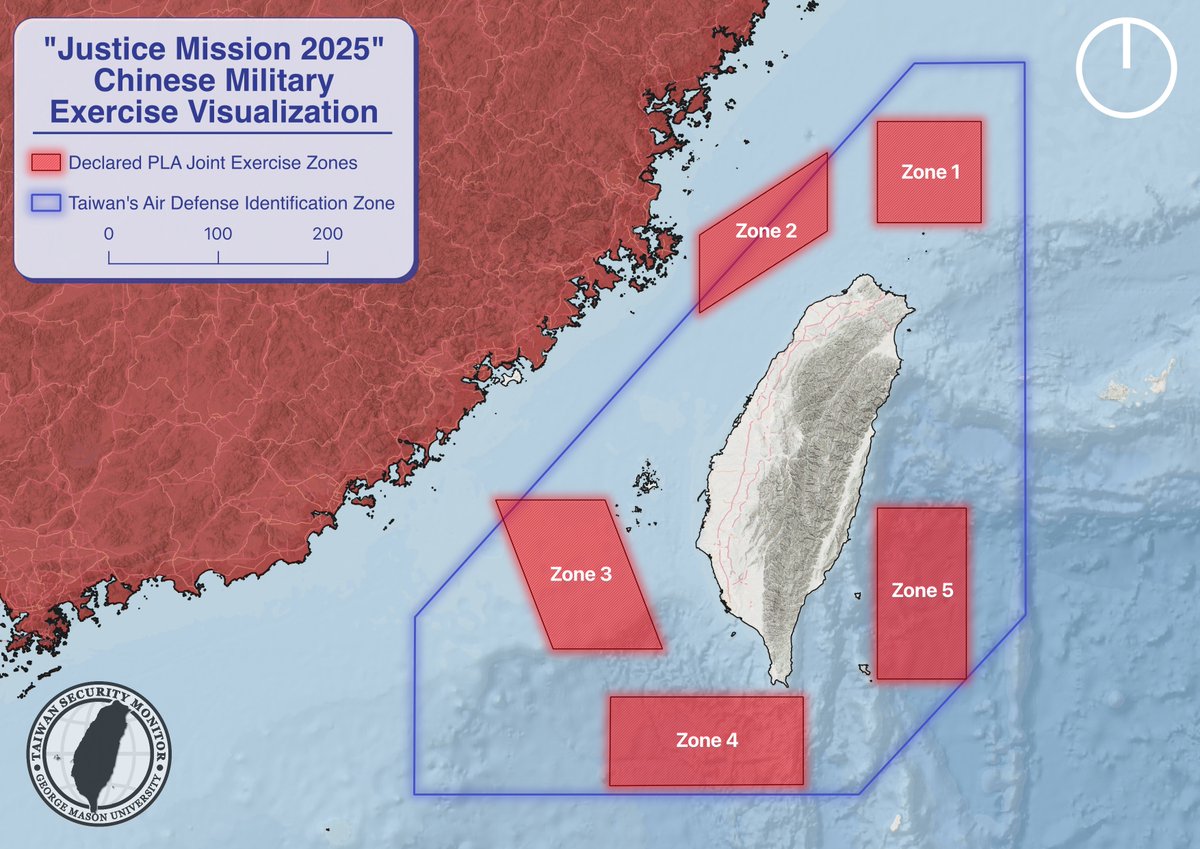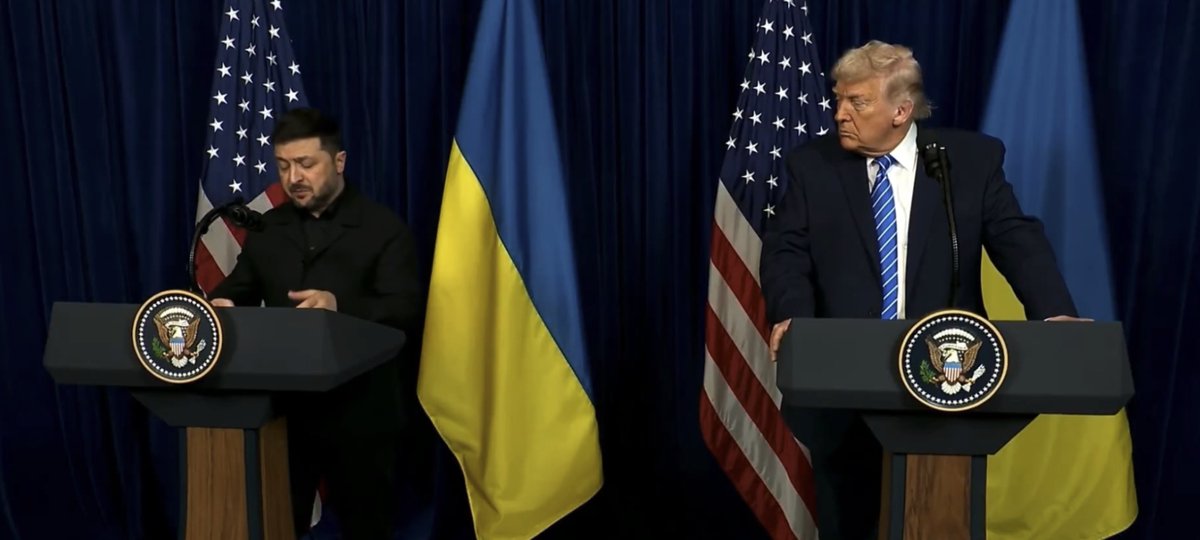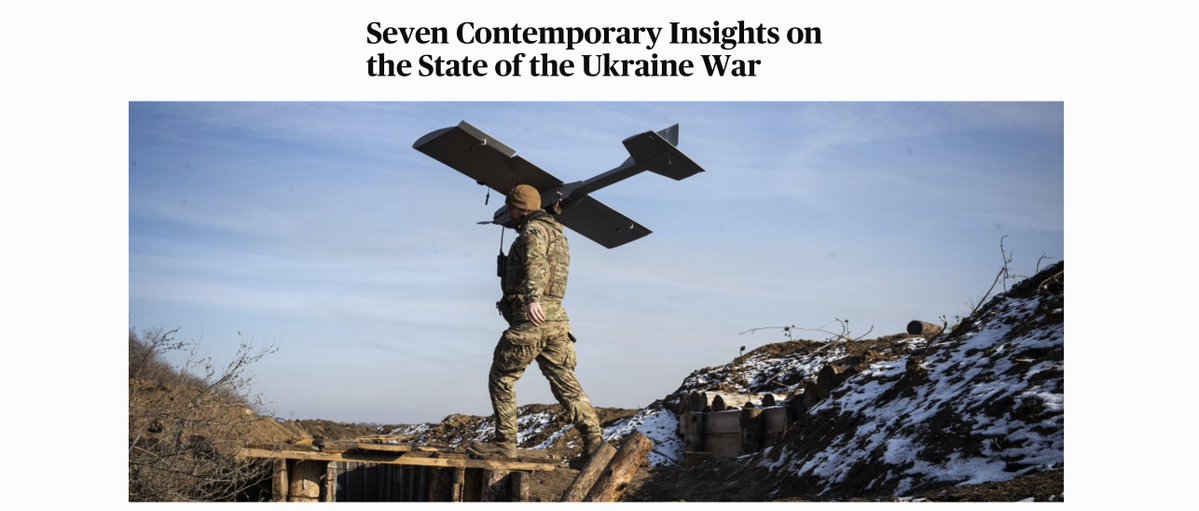Recently, the pending Ukrainian offensives have received a lot of attention. However, we should also understand how these offensives, and those likely to follow in the future, comprise one part of a larger view of victory for #Ukraine. 1/25 

2/ Victory is a central concept in our understanding of war. Sun Tzu, writing in On War, described victory as the main object in war, writing that “a skilled commander seeks victory from the situation, and does not demand it from his subordinates”.
3/ In a May 1940 speech, British Prime Minister Winston Churchill asked “What is our aim? Victory, victory at all costs, victory in spite of all terror; victory, however long and hard the road may be; for without victory, there is no survival.” winstonchurchill.org/resources/spee…
4/ Victory can be hard to define. Cian O’Driscoll writes in Victory: The Triumph and Tragedy of Just War, “it can be hard to pin down exactly what victory means in practical terms. Although we know it stands for winning, what this means in practice is anyone’s guess.”
5/ Basil Liddell Hart, writing in US Naval War College Review in 1952, described how “the object in war is a better state of peace - even if only from your own point of view. Hence, it is essential to conduct war with constant regard to the peace you desire.”
6/ In modern war, victory should include winning the war as well as winning the peace. The remainder of this article explores what this might look like in the context of Ukraine and its current – and likely long term – struggle against Russia.
7/ It is important we normalize the discussion of a Ukrainian victory over Russia. Russia must be defeated, and know it has been beaten. Western assistance should be designed to bring this about.
8/ The Ukrainian president speaks of victory often in his speeches. It is a unifying idea behind Ukrainian strategy. And it ensures that Ukrainian citizens and their soldiers have a sense of purpose for fighting and supporting the ongoing efforts to resist the Russian invasion.
9/ While Zelensky has described his ten principles for war termination, war termination and victory are not the same.
president.gov.ua/en/news/ukrayi…
president.gov.ua/en/news/ukrayi…
10/ Victory is a larger concept that looks beyond military success to ensure that the cost of such success is balanced by the improvements in the nation’s prospects and future prosperity that were underpinned by the costs of war. What might this look like for Ukraine?
11/ I propose 7 components: 1. Defeat Russia in Ukraine; 2. Security guarantees for the future of Ukraine; 3. Economic prosperity; 4. Reconstruction; 5. Social reintegration; 6. Justice; and finally, 7. Russia eschews its imperial strategic culture.
12/ Many of these elements also comprise part of Ukraine’s future deterrent against Russian aggression. Afterall, even after Ukraine wins the war, it will still have a lengthy land border with Russia.
13/ It will take some time before #Ukraine and its partners in the West can reduce the sources of conflict with Russia. This essentially requires Russia to shun its imperial ambitions, and could be a very long-term undertaking.
14/ Therefore, while that is in progress, the Ukrainians and their partners will need to work on the other six components of victory.
15/ 1. Defeat Russian forces in Ukraine. There is no prospect for long term stability if Russian retains illegally seized territories - victory requires the Ukrainians must continue to fight to push all Russian forces from all its territory. This requires ongoing support. 

16/ 2. Security guarantees. Once Russia has been ejected from Ukraine, Ukraine must be in a position to keep them out. Therefore, Ukraine will require a strong military in the wake of the war, as well as security guarantees of future assistance, including NATO membership. 

17/ 3. Economic assistance and prosperity. Throughout the war, Ukraine has recieved economic assistance to allow it to pay salaries and keep the government solvent as Russia seeks to strangle the Ukrainian economy. Such assistance is likely to be required for some time to come.
18/ 4. Reconstruction. The physical reconstruction of Ukraine will be a significant undertaking. In March 2023, the World Bank updated its estimates of the cost of recovery and reconstruction for Ukraine with a figure of 411 billion US dollars. 

19/ Agriculture, commerce, transport as well as public housing, education, health and culture have all been impacted by the war. A key need is the reconstruction of society, communities and the basics of life for Ukraine’s citizens. This includes removing unexplored ordnance.
20/ 5. Social reintegration. War causes schisms in society Hundreds of thousands of demobilised soldiers will return to civil society. There will also be the challenge of psychological damage many returning veterans (and civilians) must deal with for the remainder of their lives.
21/ Returning refugees must also be reintegrated into a society that has been indelibly changed by war since their departure at the beginning of the war. Finally, the Ukrainian government and broader society must decide how to deal with those who collaborated with the Russians.
22/ 6. Justice. Russia has overseen wide-ranging and systemic war crimes and abuses of human rights since the beginning of its invasion - accountability be established for those responsible for such abuses in Ukraine. 





23/ Embracing victory as a construct that incorporates ‘winning the war’ and ‘winning the peace’ provides for a pragmatic and durable strategy for Ukrainian victory. You can read a more detailed examination of this in my latest Futura Doctrina post. mickryan.substack.com/p/what-does-uk…
24/ As vital as the coming Ukrainian offensives are, we must also keep eye on the context against which military activities are conducted. Military operations serve a larger political purpose. For Ukraine, the highest political purpose can only be a just and durable victory. End. 

25/ Thank you to the following whose images and links were used in this thread: @combined2forces @IAPonomarenko @DefenceU @TDF_UA @Militarylandnet
• • •
Missing some Tweet in this thread? You can try to
force a refresh


